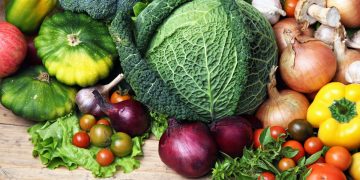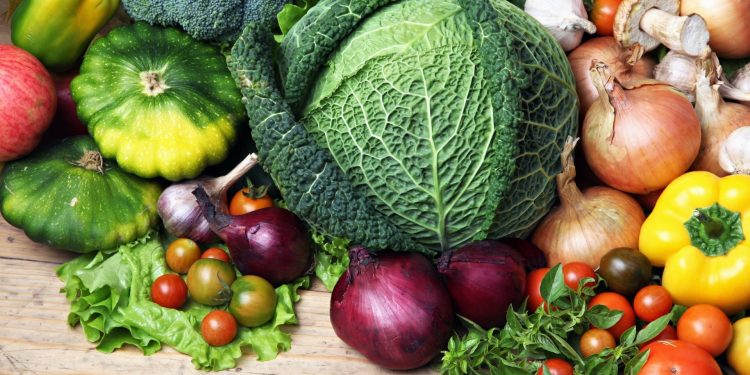Government Initiatives Lead to Significant Price Reductions in Key Vegetables
Vegetable prices in Punjab have reached a six-year low, a development attributed to the proactive measures implemented by Chief Minister Punjab, Maryam Nawaz Sharif. Information and Culture Minister Azma Bokhari reported this significant trend, highlighting the government’s success in stabilizing the market and ensuring affordability for consumers.
Minister Bokhari refuted claims of rising vegetable prices as unfounded, presenting current rates for various vegetables to substantiate the decline. First-grade potatoes, for example, are now priced at Rs. 70 per kg, with second-grade potatoes at Rs. 60 per kg. Onions have experienced a notable drop from Rs. 250 to Rs. 100 per kg over the past three months. Additionally, the prices of tomatoes and lady-finger have seen substantial decreases.
Despite the overall decline, Minister Bokhari acknowledged a temporary increase in lemon prices due to heightened demand. However, she expressed confidence that prices would decrease with the arrival of the new season’s produce. The government’s strategy to maintain stable vegetable prices includes weekly price control meetings chaired by CM Sharif and daily market inspections conducted by administrative officials. These efforts are particularly focused on ensuring price stability during significant occasions such as Eid-ul-Adha.
The decline in vegetable prices has been a relief for both consumers and stakeholders in the agricultural sector. Farmers and agronomists benefit from more predictable market conditions, while entrepreneurs and managers in the vegetable business see improved opportunities for planning and investment. Producers of plant protection products and fertilizers, along with scientists and researchers, are also finding a more stable environment for their innovations and developments.
This significant reduction in vegetable prices not only supports the local economy but also demonstrates the efficacy of coordinated governmental efforts. As Punjab continues to navigate the complexities of agricultural production and market dynamics, these measures are critical in maintaining the balance between supply and demand, ensuring affordability and accessibility for all.































